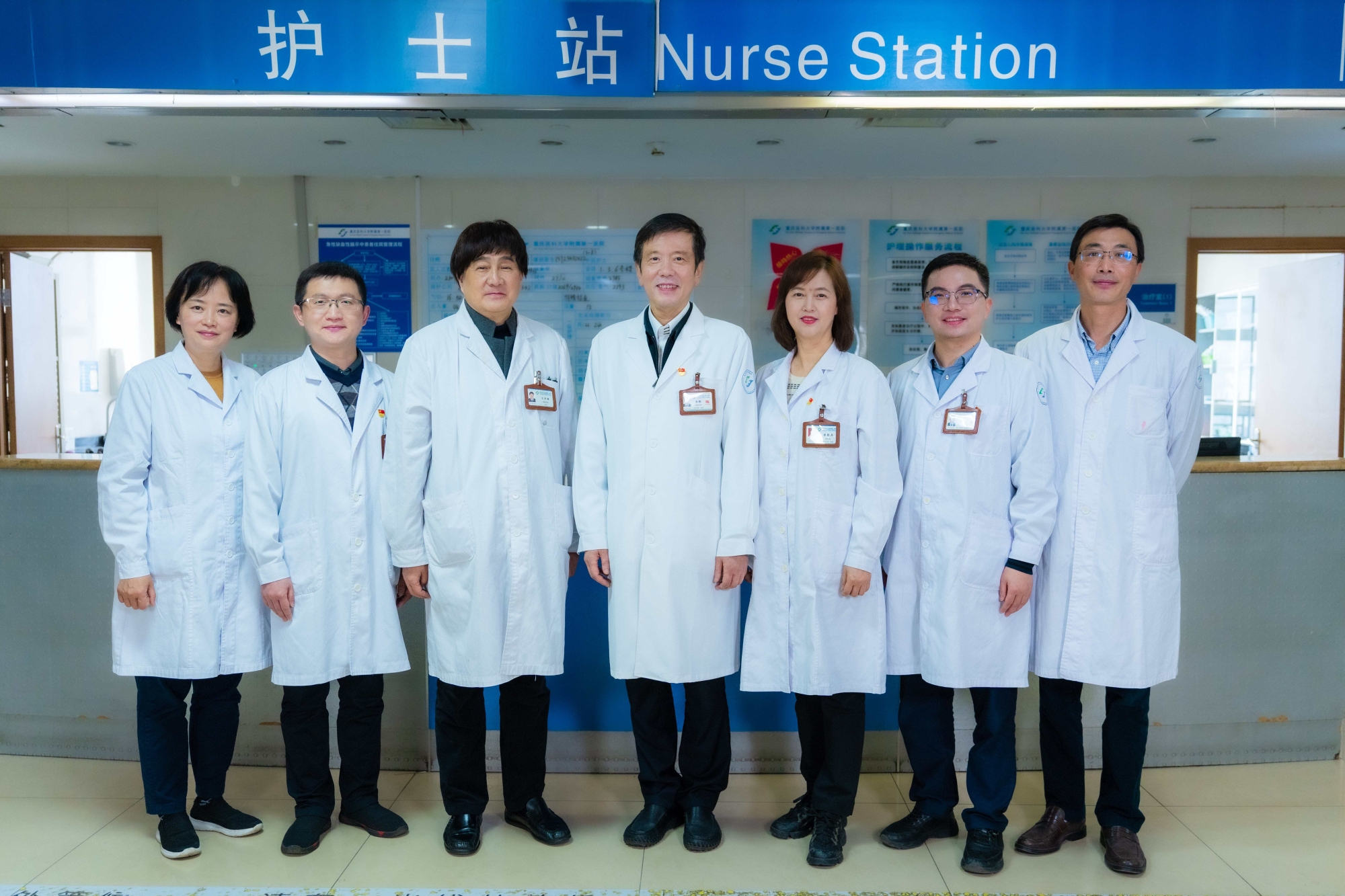The Department of Neurology (ICU) is the earliest first-level discipline in the western region of China authorized to confer doctoral degrees, and it established its postdoctoral research station in 1995. In November 1990, the Sichuan Provincial Education Commission approved the founding of the Neurology Research Institute, which was initially led by Professor FU Yage in 1991 and then by Professor DONG Weiwei in 1996. In 1996, it was designated as a key discipline by the Sichuan Provincial Education Commission. In 1997, it was authorized by the National Food and Drug Administration to set up the National Clinical Research Base for Neurology. In 1999, it became one of the first medical key disciplines in Chongqing, and subsequently, the Chongqing Medical Key Laboratory, the Chongqing Key Laboratory for Higher Education, and the Chongqing Provincial and Ministerial Neurology Key Laboratory were established. In 2007, it was honored as the unique National Key Discipline of Neurology in western China, with only six disciplines nationwide. In 2009, it was approved as the Chongqing Neurology Medical Quality Control Center. By the end of 2010, it was designated as the Ministry of Health’s “Stroke Screening and Prevention Base”. In 2012, it was granted the status as the National Clinical Key Specialty by the National Health Commission (NHC). In 2014, it successfully passed the inspection of NHC Brain Injury Quality Control Evaluation Center, becoming the very first hospital in Chongqing to be certified for brain death determination quality control. In 2018, it was approved as the Chongqing Brain Injury Assessment Quality Control Center, and in 2019, it received approval as the National Key Laboratory for Functional Brain Disease Diagnosis and Treatment by the NHC. In 2021, it was granted the status as the Chongqing Key Laboratory for Major Neurological and Mental Disorders. In recent years, the department’s scientific and technological impact has consistently ranked among the top ten in China, and it has been regularly nominated for the Fudan Specialty Reputation Ranking.
The Department of Neurology (ICU) in the First Affiliated Hospital of Chongqing Medical University has forged a new collaborative development pattern of “one hospital with multiple campuses”. The department currently has 248 open beds, including 21 in the Intensive Care Unit (ICU). The department serves patients from more than 20 provinces, municipalities, and autonomous regions across China. The department offers a comprehensive range of clinical sub-specialties, with leading positions in fields such as cerebrovascular disease, epilepsy, infectious and neuroimmunological diseases, neuromuscular disorders, and neuropsychology. The department has cultivated a large number of high-end talents in the field of neurology for medical treatment, educational, and scientific research, forming a robust academic team. The academic leaders and prominent junior professionals hold important positions in national academic organizations, including members of the Degree Evaluation Committee of the Ministry of Education, president of the Neurology Editorial Committee for the National Physician Continuing Education Assessment, former vice president of the Neurology Branch of the Chinese Medical Association, president of the Neurology Physicians’ Branch of the Chinese Medical Association, vice director of the Epilepsy and Electroencephalography Group, members of theNeuroimmunology, Movement Disorders, and members of the Dementia Groups within the Neurology Branch. They also serve as the deputy director of the Subspecialty Committees for Cerebrovascular Disease, Epilepsy, Pain, and Sensory Disorders within the Chinese Medical Association. The department has 19 professors, 20 associate professors, and 8 lecturers, along with 11 doctoral supervisors and 30 master supervisors. It is home to one Chief Scientist of the “973 Program”, one recipient of the National Innovation and Excellence Award, , one individual selected for the “Hundred, Thousand and Ten Thousand Talents Project”, four outstanding junior experts of the National Health Commission, one National Young Talent, and one expert with outstanding contributions to the Brain Defense Committee of the National Health Commission. Furthermore, the department boasts eight recipients of the State Council Special Allowance, and three young talents have been supported by the China Association for Science and Technology. The department leads seven national key projects and has extensively published in leading medical journals, including The New England Journal of Medicine and The Lancet, significantly influencing international and domestic treatment guidelines. It has received two second-class and two third-class National Science and Technology Progress Awards.





